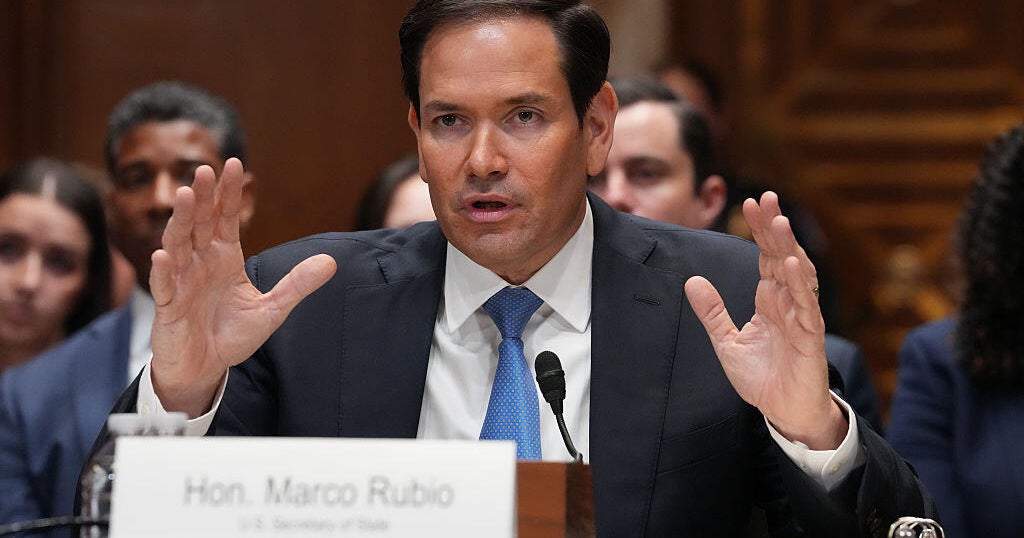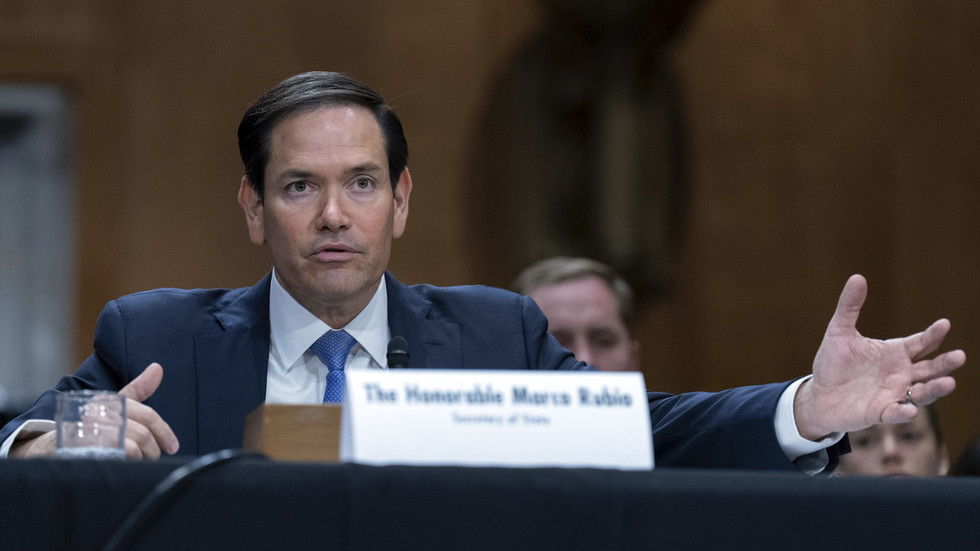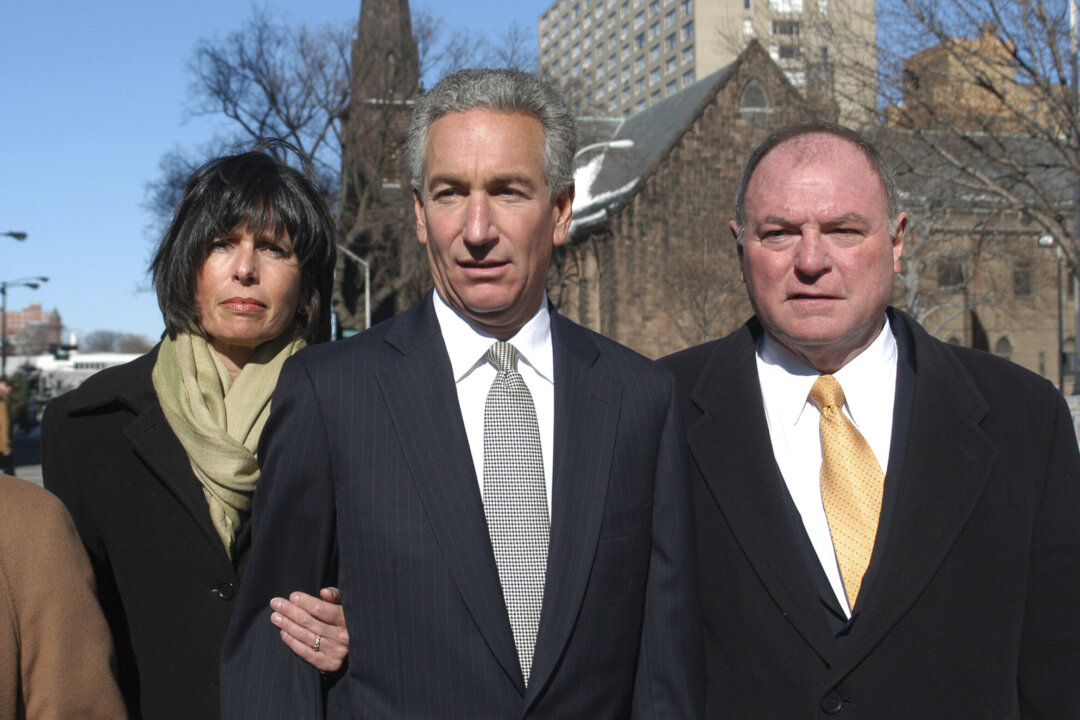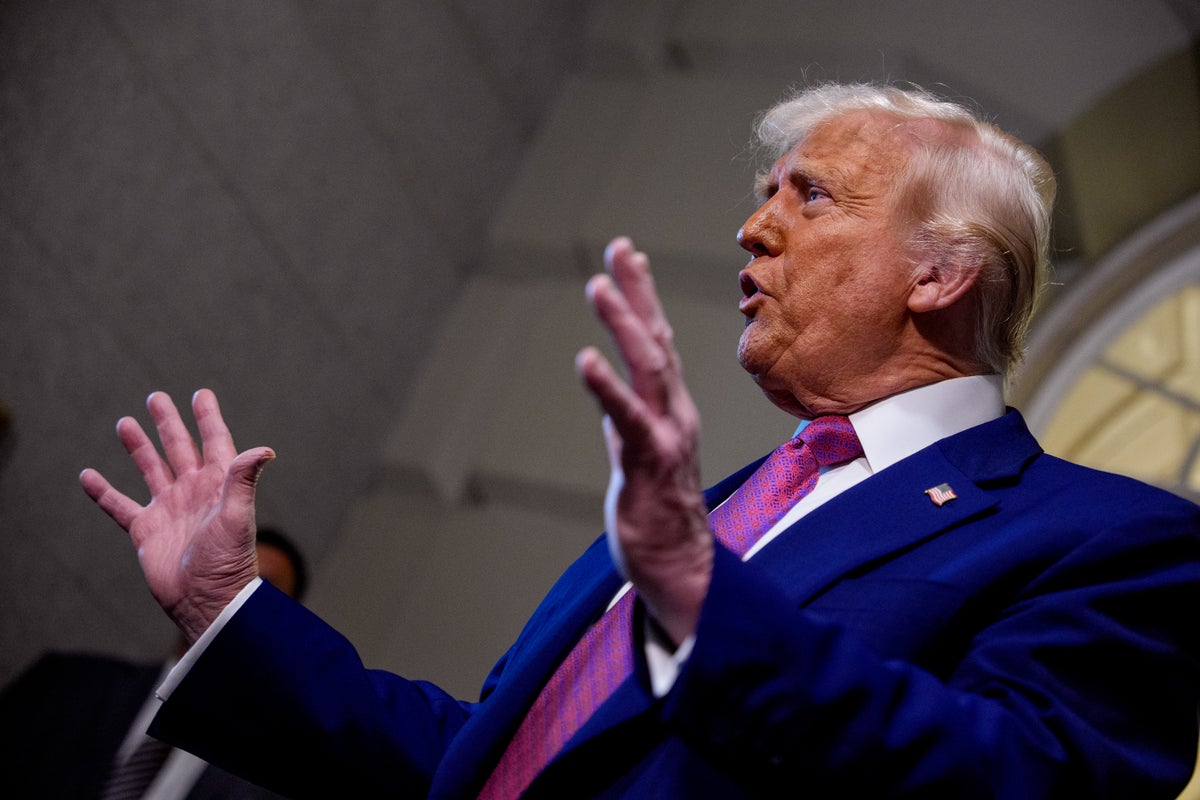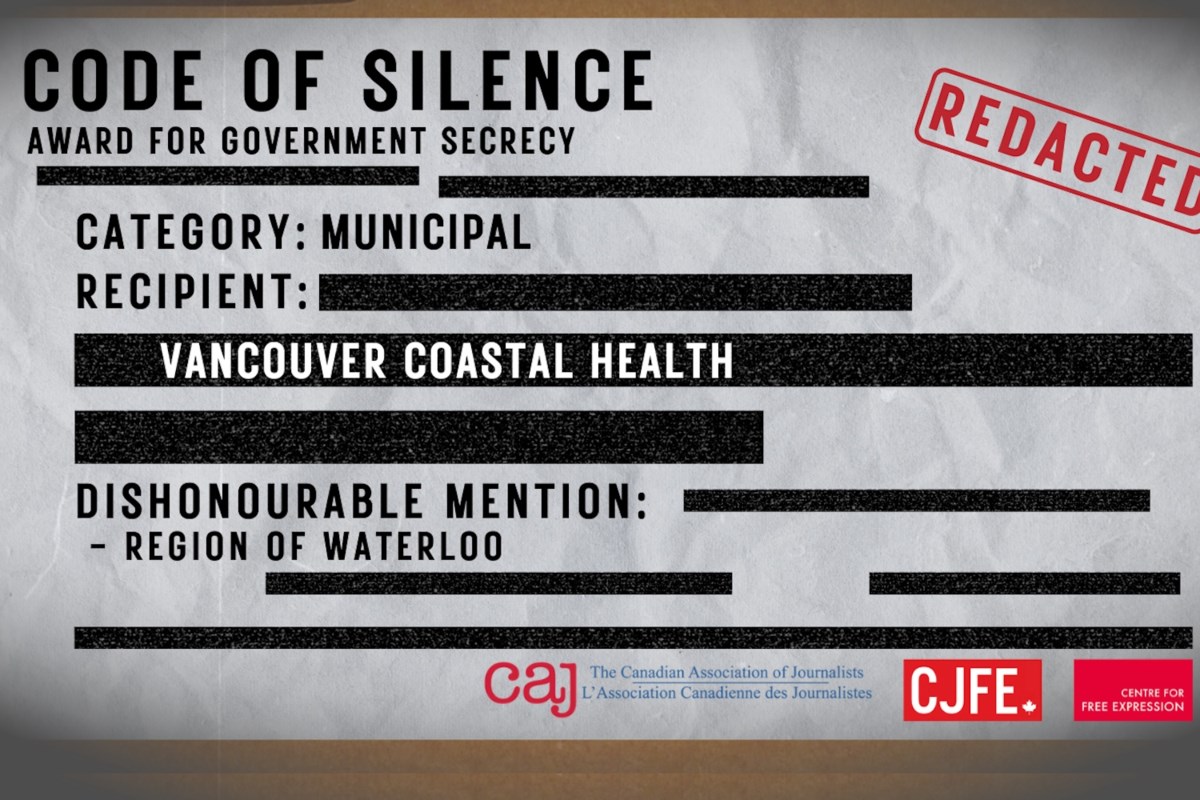Punish companies that move Canadian jobs offshore, says union
Unifor is urging the federal government to use existing legislation to penalize corporations that shift production from Canada to the US as a result of President Donald Trump’s trade policies.

News
Politics
Ottawa Insider
May 20th 2025
Keep climate a national priority — donate today
Goal: $150k
$93k
Donate
Subscribe
Canada should use existing legislation to fight US trade policy and punish companies moving Canadian jobs offshore, says the country’s largest private-sector union.
“As tariffs persist, and threats of layoff and plant closures mount, further aggressive and defensive action must be taken to solidify Canada’s industrial economy,” Unifor National President Lana Payne said in a letter sent to Prime Minister Mark Carney on May 16.
Unifor wants Carney’s government to use the Foreign Extraterritorial Measures Act (FEMA) to penalize corporations that shift production from Canada to the US due to President Donald Trump’s trade policies.
“The consequences for offshoring jobs must be real, enforceable, and immediate,” Payne said.
FEMA allows the attorney general to identify and prohibit businesses in Canada from complying with measures taken by foreign states — in this case the US — that adversely affect Canadian trade, commerce or sovereignty. The law came into force in 1985, and Brian Mulroney’s government used the act in 1992 to make sure Canadian companies were not obeying the US directive to sanction Cuba.
“These orders can make it a federal offence to move production out of Canada in response to foreign trade measures, carrying penalties of up to $1.5 million for corporations and up to five years’ imprisonment for individuals, currently,” Payne’s letter said. Along with using the act immediately, Unifor wants the federal government to strengthen it.
The maximum $1.5-million fine “is clearly not going to be enough,” Payne said, adding that since the legislation was written decades ago it needs updated penalties, among other changes.
The federal government has the legislation to fight back against US trade policy, it just needs to muster up the political will to use it, says Unifor National President Lana Payne.
“With the House of Commons set to reconvene next week, we are also asking the government to consider legislative amendments to include heavier fines imposed on firms that shift production, the ability to seize assets of companies, as well as restricting imports from corporations and companies that offshore Canadian investment and jobs,” Payne said in a virtual press conference on Tuesday morning.
Unifor Director of Research Angelo DiCaro said the act has never been used in the context of a trade war.
“There hasn't really been [a trade war], and so it's almost like this is, in some ways, tailor-made to the situation we face,” DiCaro said in the virtual press conference.
Trump’s trade policies are already impacting Canadian workers, particularly in the auto sector.
In early May, General Motors said it will eliminate one of three shifts at its Oshawa assembly plant this fall due to “forecasted demand” and “the evolving trade environment.”
This move will directly affect 700 workers and indirectly impact an estimated 1,500 more.
General Motors recently shuttered its CAMI assembly plant in Ingersoll, although it expected to reopen at “half capacity” in autumn. Ford and Stellantis have also suspended or delayed EV production in Canada, and Honda recently pumped the brakes on its own $15-billion EV supply chain plans.
Ontario’s manufacturing sector will be hit hard unless something changes, according to a recent report from Ontario’s Financial Accountability Office. It warned the province could lose up to 68,100 jobs in 2025 as a result of US tariffs and Canada’s retaliatory tariffs. The analysis was based on trade measures as of April 17.
“We will continue to do whatever we have to do to protect Canadian workers, including picket lines or whatever other tools we have at our disposal,” Payne said.
“But the reality is not every worker in this country has a union and we need government to step up and stand up for all Canadian workers, and this is one of the ways that they can do that.”
— With files from Abdul Matin Sarfraz & Darius Snieckus
Natasha Bulowski / Local Journalism Initiative / Canada’s National Observer
May 20th 2025
Keep readingNews
Energy
Ottawa Insider
May 20th 2025
News
Island Insider
May 20th 2025
May 20th 2025








